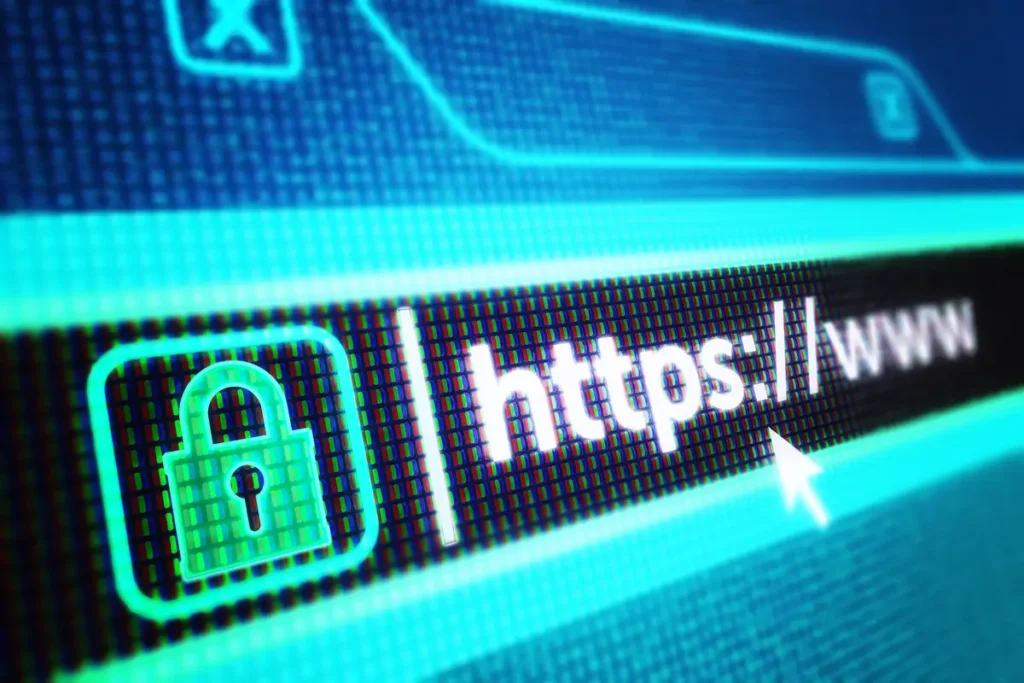When you click an advertisement, it opens the browser. However, not all clicks are exactly the same. Some may lead you to fake websites, pop-up advertisements as well as malware downloads. Your browser is a protection against such threats. However, it’s probably not.
As a default, when you install a web browser, it starts up to ensure maximum performance. This means you need to raise the security level by hand. Do you think it is worth the effort but? Did you know that North Korean hackers attacked people via Word documents by exploiting the Internet Explorer vulnerability? That’s only the beginning of the problem.
Further hacks, identity theft and the threat of online surveillance could be yours If you don’t take these seven steps.
Choose a safe browser
Many users are aware of Chrome, Firefox, Edge, Safari, and Firefox. But they’re not the only options available.
For instance for example, for instance, the Tor browser is fashionable because of its security however, it is extremely slow. Alternatives include GNU IceCat and Iridium.
Very ImportantThere’s any browser which is 100 100% safe. But, you can enjoy more privacy and security by using VPNs. VPN to conceal your IP address and secure your information.
Make sure that your browser is current
Updates are a necessity. Let’s take a look at the case previously mentioned. Internet Explorer transitioned to Microsoft Edge and then stopped updating. At that exact moment, hackers began attacking.
There is no software that can shield your from threats of the present when you’re running an outdated version.
Note:Updates depend on your browser. Verify if they’re automatically enabled. If they’re not, then download them manually.
Make sure you are in control of your privacy settings.
By default, your browser exposes your data. To ensure that you’re receiving the best protection, you have to alter you privacy preferences:
* Clear cookies and disable access by third parties to them.
Be sure to block pop-ups and redirects. They could lead to malware.
* Delete the option to allow automatic downloads.
• Disable access to your camera, microphone and your whereabouts.
* Make sure that “Send an Don’t Track request” option is on. Not Track request” is set to.
It is important toCheck on the internet for privacy setting specifics that are applicable to the browser you’re using. There are a myriad of gaps that are present and settings to alter.
Install security extensions
Extensions are as a double-edged sword. They are able to protect you and allow you to browse with ease. However, they also can be damaged and open your information to hackers. This is why it’s important to be cautious when installing these extensions. Here are some of the most well-known ones:
* AdBlock:This extension stops ads completely dead in their tracks. You can say goodbye to irritating and inaccessible 30-second YouTube pop-ups, ads, as well as other harmful ads. * Disconnect:Blocks invisible trackers from your browser and applications which slow your website.
* Privacy Badger:Works similarly to Disconnect and blocks trackers across different browsers.
* HTTPS Everywhere:Encrypts your data on the most popular websites.
* Blur:Masks your personal information. It includes your credit card number, phone as well as email addresses.
* Click and Clean:As the name implies cleaning your data. It includes locally stored data forms, passwords, forms, cookies, caches and even history.
Very Important!Make sure that you enable auto-updates for all your extension. So, you’ll be assured that your extensions are always up-to-date and safe.
Use a VPN
If you don’t have a VPN, your IP address will be exposed to the world of digital. Hackers are able to easily install an IP tracker on an untrusted website and track your online activities. You may think it’s not an issue. But your IP address may provide a wealth of valuable information. Learn more about this by making use of the IP Geolocation searchtool to find out the information that is revealed.
It isn’t a good idea for criminals to discover your actual address. A virtual private network hides your IP address, and then presents a different one. This means that hackers and internet service providers and even websites won’t be aware of your exact location.
Very Important!Do NOT use VPNs that are free. They generally sell your information without your knowledge and also keep records of your searches.
Make use of common sense
There are certain things that technology cannot protect you from. This includes the use of the use of shortened links, deliberately downloading pirated movies and games and exposing yourself to scams.
A lot of bad actors try to evade your judgement. Be sure to follow the best security practices when you browse. Don’t download anything if doesn’t come from a trusted source, and avoid sites that are shady.
Very Important: The emergence of AI could lead to you to believe in socially-engineered attacks. Always double-check if you are in a genuine situation, and do not follow links in emails.
Use Incognito mode
Private browsing doesn’t save cookies or form data cache, or history of web pages. However, it only works if you close the browser completely.
It is important to note that your employers, school as well as your internet service provider will be able see your online activity even when you’re in private mode. This won’t be the case when you are using VPN. VPN.
Stop autofill
Autofill can make our lives simpler but it comes at a price. It helps you save time and energy since the browser will remember the credit card details as well as passwords, addresses, and other information.
In reality this makes it much easier for cybercriminals to access the sensitive information you provide in forms or on mirrored websites.
Very ImportantDisable the feature only if you feel that the benefits outweigh the risks.


1 Comment
I don’t think the title of your article matches the content lol. Just kidding, mainly because I had some doubts after reading the article.